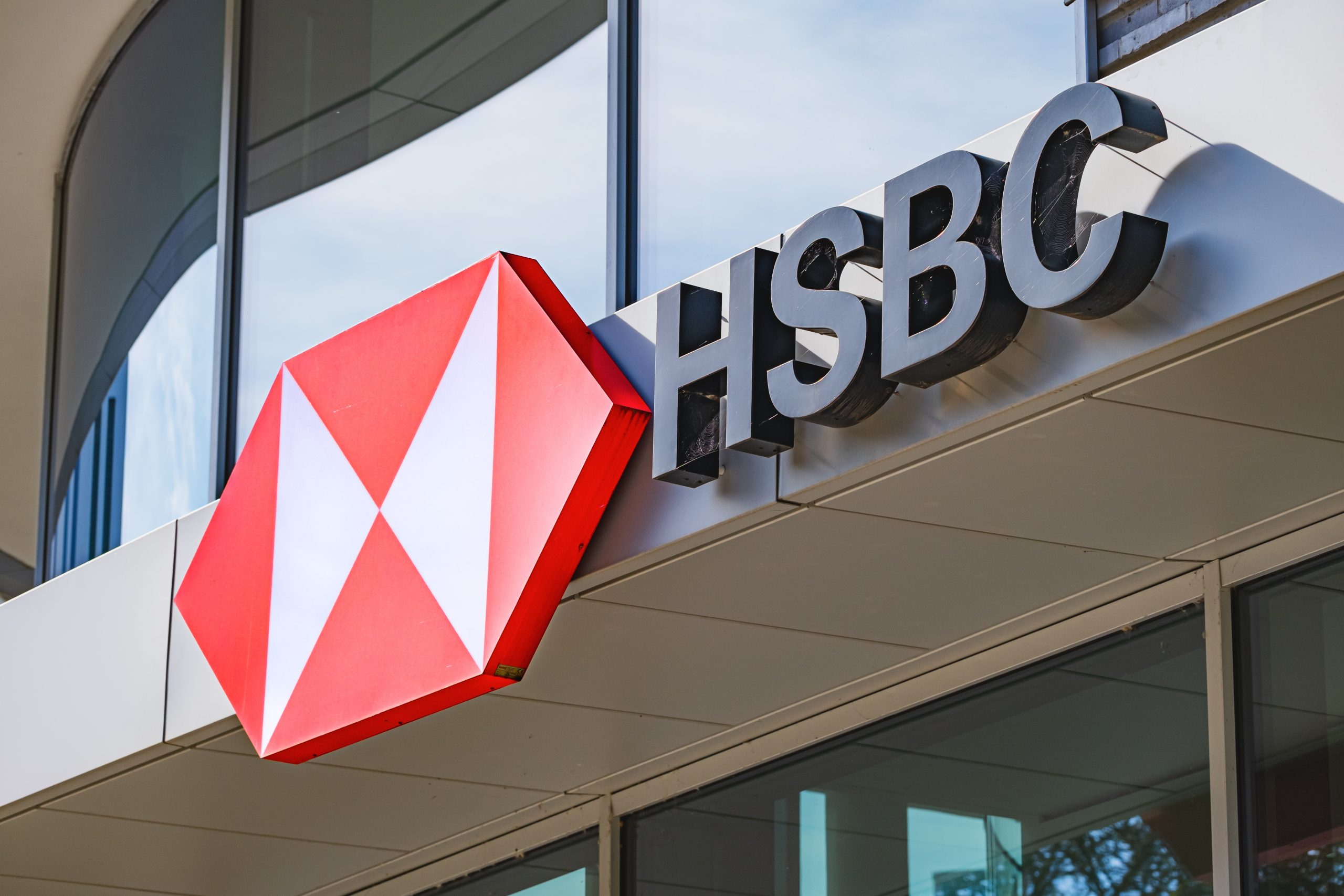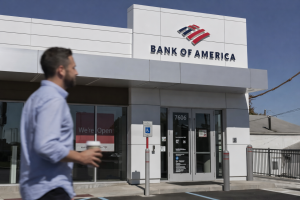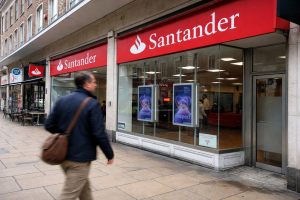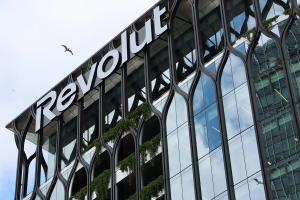
Finance
HSBC, one of the world’s largest banking groups, saw its shares drop sharply after disclosing a $1.1 billion exposure linked to the Bernard Madoff Ponzi scheme. The revelation, which came amid ongoing scrutiny of global bank risk management, reignited debate over how financial institutions assess counterparty exposure and safeguard customer funds.
Bernard Madoff, who operated one of history’s largest Ponzi schemes, defrauded investors of an estimated $65 billion before his arrest in 2008. Though the scandal is more than a decade old, legal and financial aftershocks continue to ripple through the global banking system.
HSBC’s latest disclosure relates to its role as a financial intermediary for funds that invested with Madoff’s firm. The $1.1 billion exposure reflects potential losses and settlement obligations stemming from ongoing legal claims. While the bank emphasized that the figure represents a “worst-case scenario,” investors reacted swiftly, sending shares down nearly 8% in London trading.
This renewed Madoff-linked liability underscores how complex legacy risks can resurface years later, challenging even well-capitalized banks. For HSBC, the timing is particularly sensitive as it works to simplify its global structure, reduce costs, and strengthen digital banking services to compete with fintech rivals.
The case highlights broader issues in risk oversight and compliance. In today’s tightly regulated environment, banks face heightened scrutiny over client relationships, fund flows, and the accuracy of due diligence procedures. Regulators in both the U.S. and Europe continue to emphasize transparency in custodial and fiduciary responsibilities—especially as digital banking and cross-border investment platforms expand.
Analysts noted that the $1.1 billion exposure, while significant, is unlikely to threaten HSBC’s financial stability. The bank reported over $170 billion in equity and strong capital ratios as of mid-2025, giving it ample capacity to absorb potential losses. However, the headline risk has dented investor confidence at a time when global banking shares are already under pressure from narrowing interest rate spreads and slowing loan growth.
The episode may also weigh on HSBC’s ability to attract high-net-worth clients and institutional investors who prioritize reputation and transparency. In the age of digital banking and real-time risk tracking, even historic scandals can influence customer perceptions of trust and governance.
The HSBC development serves as a reminder that legacy exposures, complex investment structures, and incomplete transparency can remain hidden risks for major banks. As the industry accelerates digital transformation and expands into decentralized finance and AI-driven credit models, effective compliance and risk modeling are more critical than ever.
For customers and investors, the incident reinforces the importance of understanding where deposits, loans, and investment products are held and how they are managed. For banks, it is a call to strengthen governance frameworks and modernize systems to detect and mitigate potential liabilities earlier.
While HSBC is expected to weather this financial setback, the case highlights how reputation and transparency remain central to long-term stability in the banking industry. As digital innovation reshapes how credit, mortgages, and deposits are managed, trust will continue to be a bank’s most valuable asset.
Economic Insight: The Madoff-linked exposure underscores a key truth in modern banking — risk doesn’t disappear; it evolves. As institutions digitize and diversify, future success will depend on balancing innovation with robust oversight, ensuring that confidence in the global financial system remains intact.
 Previous Post
Previous Post
Huntington to Buy Cadence Bank for $7.4 Billion: A Strategic Push into the South and Texas
 Next Post
Next Post
Fintech Disruption in Banking: How Innovation Is Reshaping Deposits, Loans and Checking Accounts

February 26, 2026

February 26, 2026

February 26, 2026

February 26, 2026